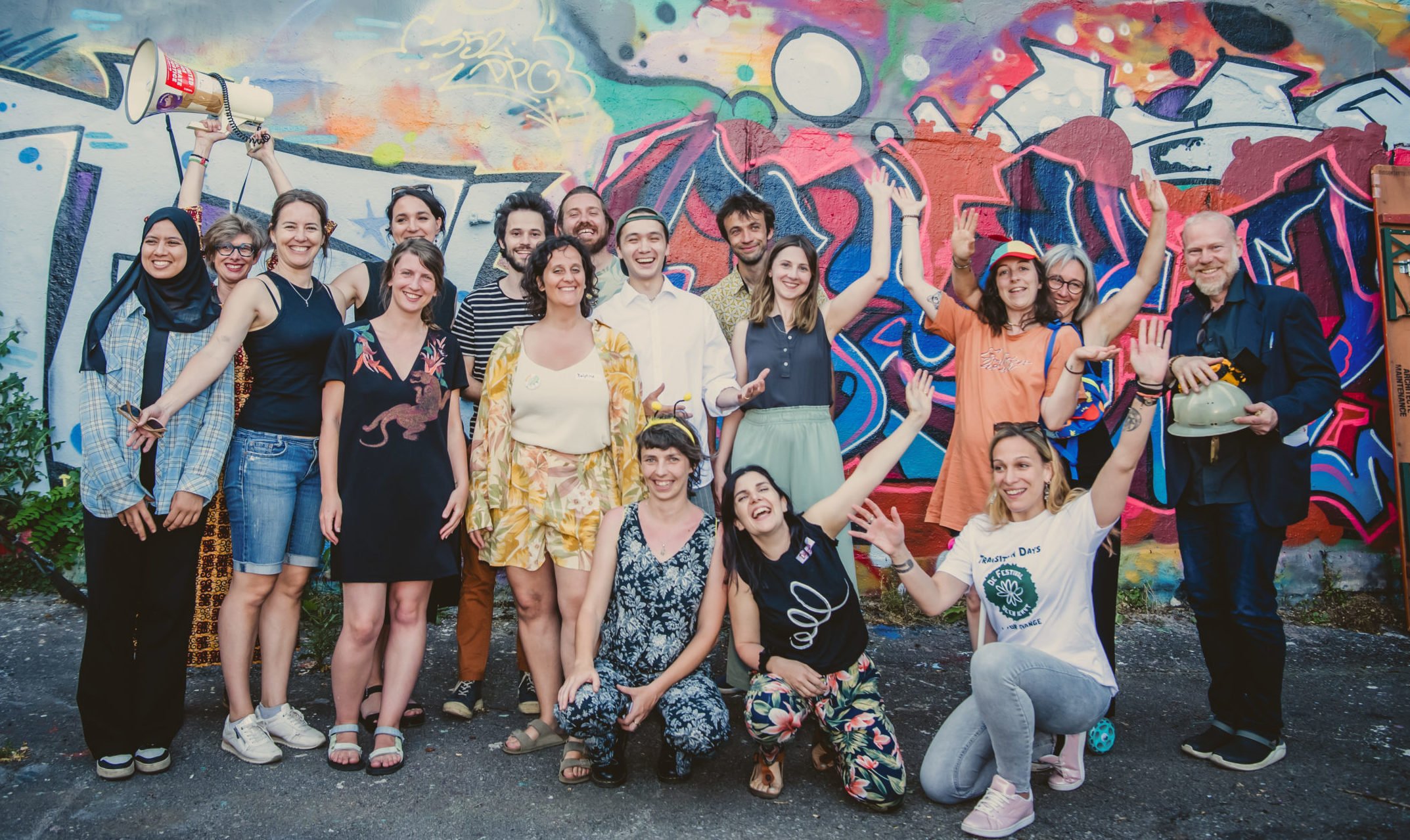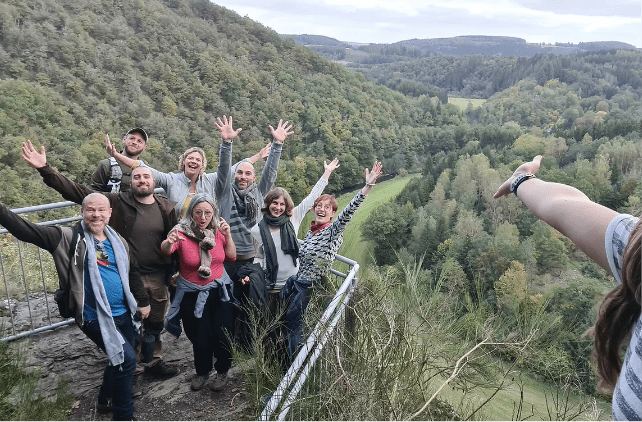
WHAT IS TRANSITION?
The ecological transition is an evolution towards a new economic and social model that provides a global and sustainable solution to the major environmental challenges of our century and the threats facing our planet.
Operating at all levels, the ecological transition aims to establish a resilient, fair and sustainable model of society that rethinks the way we consume, produce, work and live together. The ecological transition covers several sectors: food, economy, energy, governance, education, health, territories...
OUR MISSION

Thinking and innovating
CELL creates spaces for reflection and exchange, enabling and allowing citizens to express their ideas and develop ambitious actions. We design innovative models that demonstrate that a world which is more respectful of living beings is possible.

Informing and raising awareness
CELL conductsinformation and awareness campaigns to increase the level of collective awareness of the climate emergency in order to motivate citizens to commit to ecology in our territories.

Mobilize and act
CELL encourages and supports citizens' transition initiatives CELL integrates a participatory dimension into all its projects, enabling as many people as possible to get involved.

Strengthening and training
CELL conducts workshops and trainings open to all, and disseminates practical tools to raise public awareness of the ecological transition. The aim is also to build the capacity of people acting as intermediaries in municipalities, schools, eco-social organizations, community gardens and local transition groups.
Our team
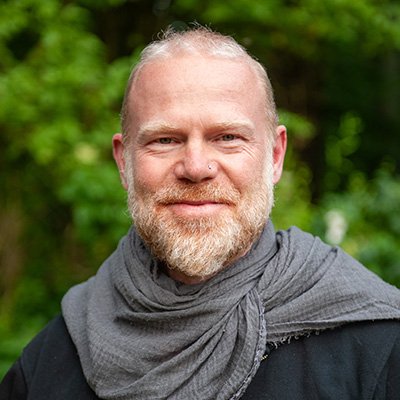
Norry Schneider
Head of the Climate Pact and Territories in Transition
ul.ll1744146355ec@yr1744146355ron1744146355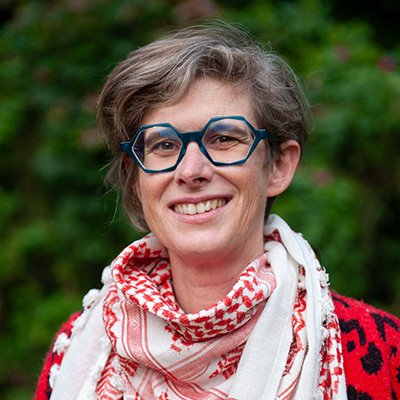
Magali Paulus
Coordinator - Climate Assemblies and Democratic Transition
ul.ll1744146355ec@il1744146355agam1744146355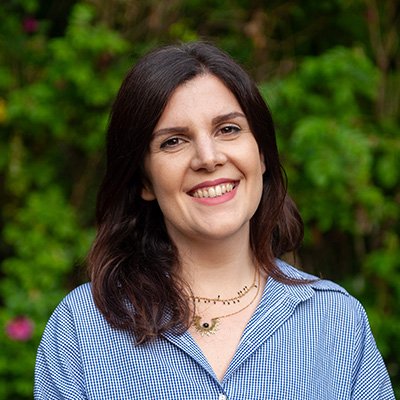
Debora Paolini
Communications strategy, content writing and press relations
ul.ll1744146355ec@ar1744146355obed1744146355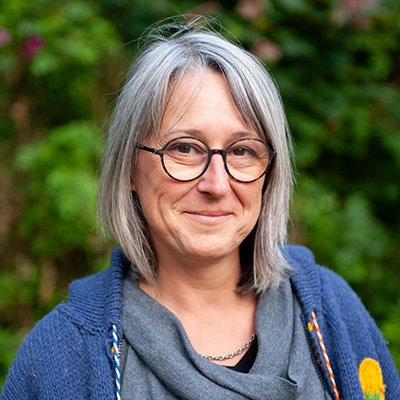
Karine Paris
Coordinator - Urban Gardening and Transition towards Living Systems
EU Mission Soil Ambassador for Luxembourg
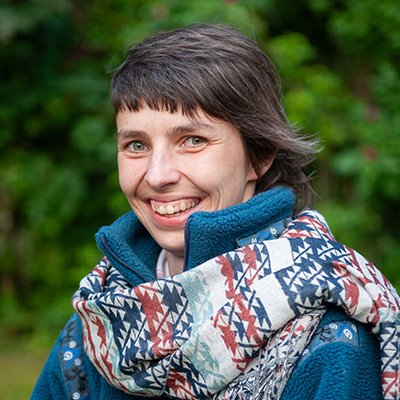
Aline Ouvrard
Coordinator - Polynatur and Transition towards Living Systems
ul.ll1744146355ec@en1744146355ila1744146355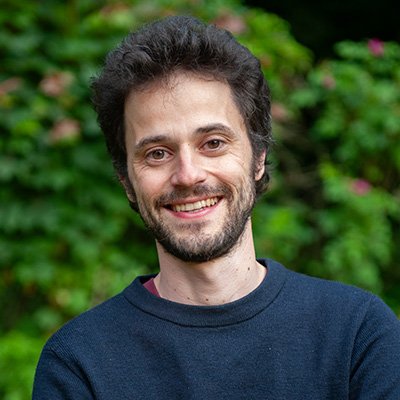
Leonard Andersen
Coordinator - Repair Cafés and Energy Transition
ul.l1744146355lec@d1744146355ranoe1744146355l1744146355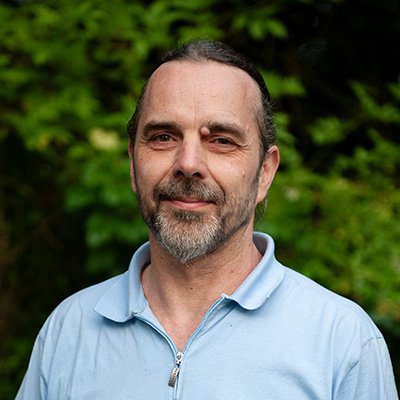
Markus Molz
Head of Capacity Building, Knowledge Management and Transiter project
ul.l1744146355lec@s1744146355ukram1744146355
Jennifer Feschuk
Jennifer Feschuk
Country Coordinator - European Climate Pact
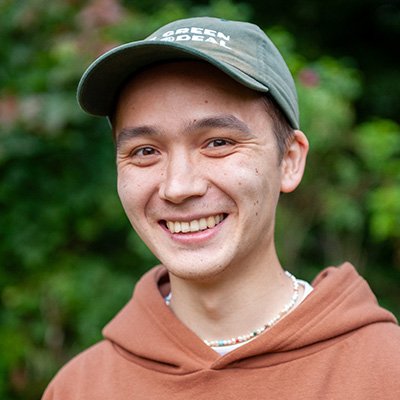
Elisha Winckel
Community Organiser and Communication for the European Climate Pact in Luxembourg
ul.ll1744146355ec@ah1744146355sile1744146355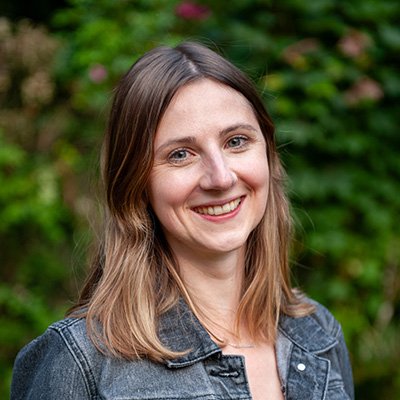
Kasia Krzyzanowski
Coordinator - Boost Lokal Lëtzebuerg and Economic Transition
ul.ll1744146355ec@ai1744146355sak1744146355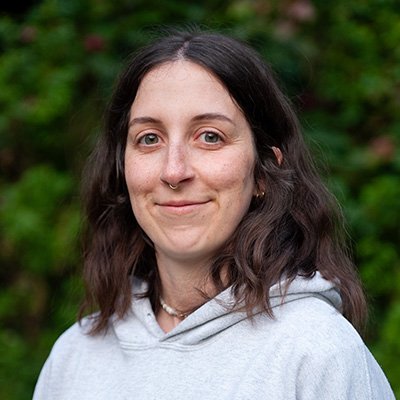
Marion Carratero
Coordinator - Administration and Finance
ul.ll1744146355ec@cn1744146355oiram1744146355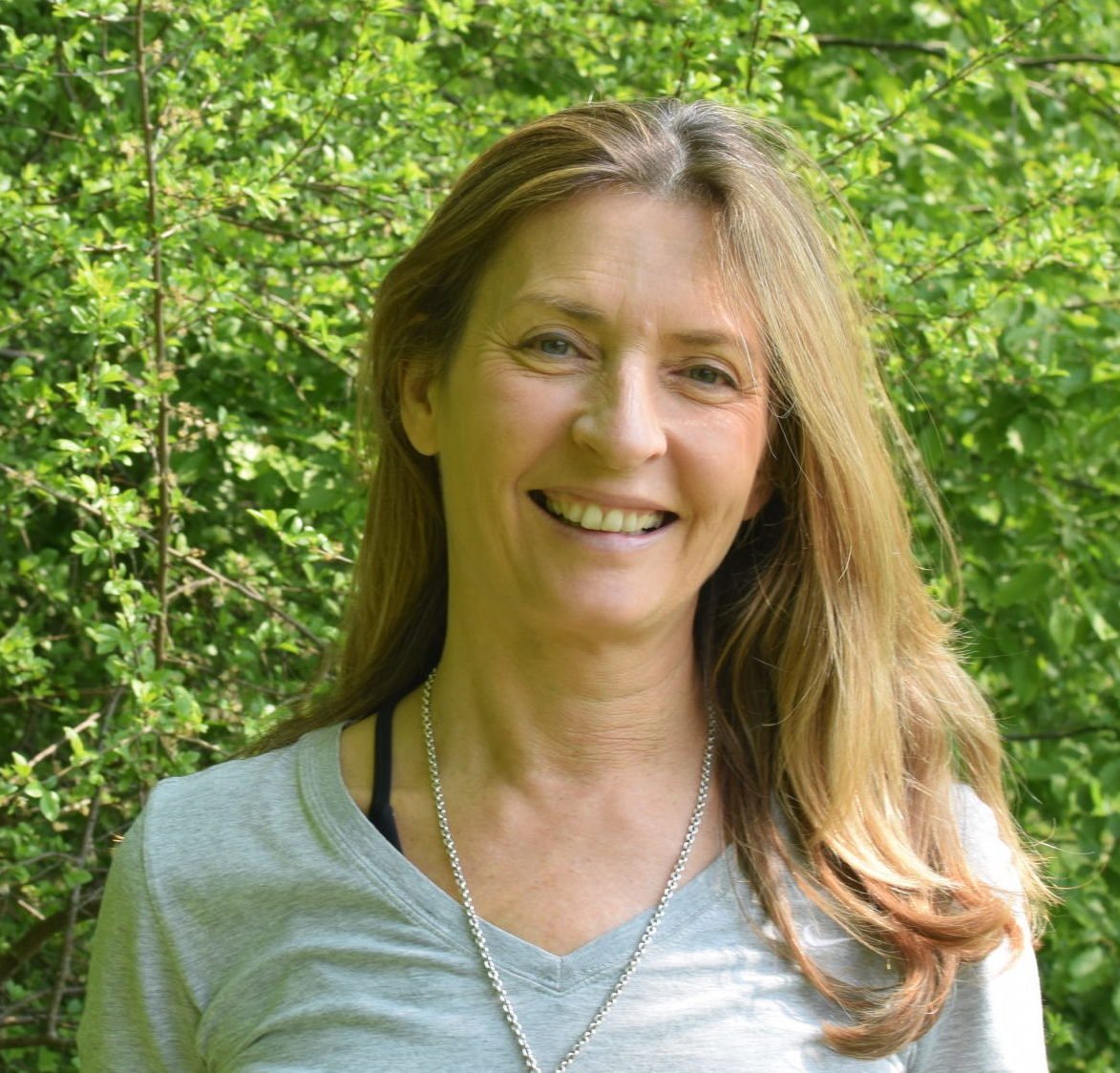
Sophie Zuang
Coordinator - BiBe and Community Climate Coaches
ul.1744146355llec@1744146355eihpo1744146355s1744146355
Ben Bossi
Coordinator - Repair Cafés and Energy Transition
ul.ll1744146355ec@ne1744146355b1744146355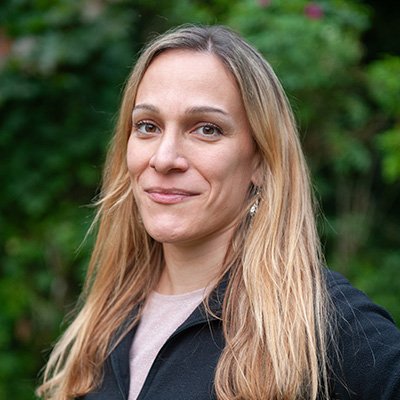
Lea Schroeder
Visual communication and project management CELL, TRANSITER and BiBe
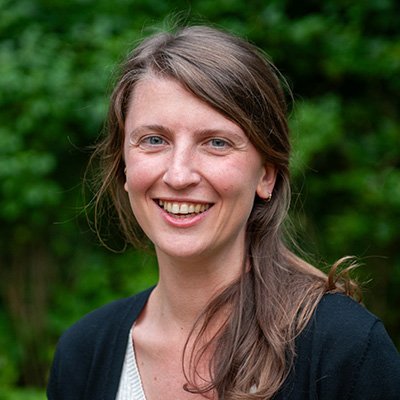
Capucine Chandon
Visual documentation, content creation & social networks
ul.1744146355llec@1744146355enicu1744146355pac1744146355

THE BOARD
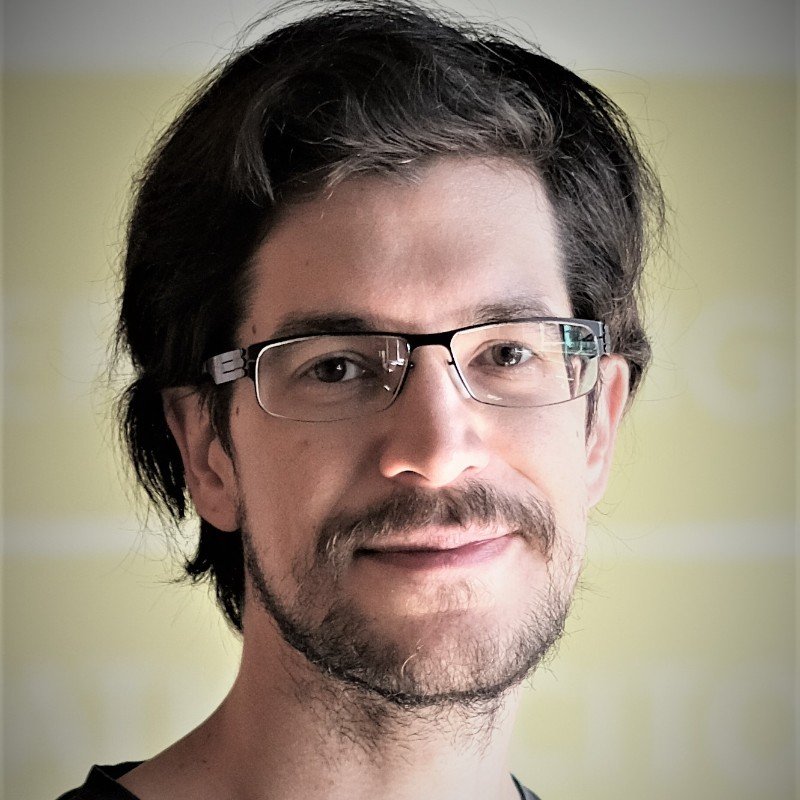
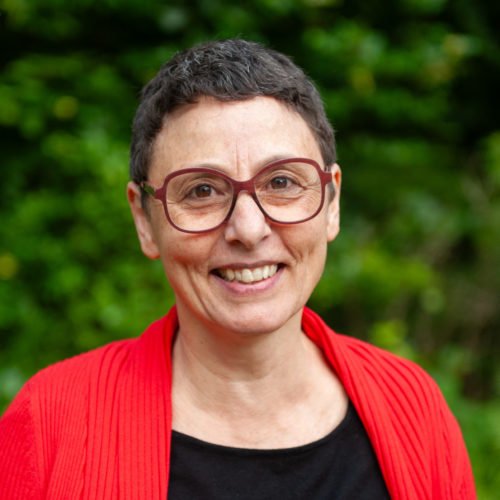
Maria SPADA
Board member
moc.l1744146355iamg@1744146355adaps1744146355.aiza1744146355rg.ai1744146355ram1744146355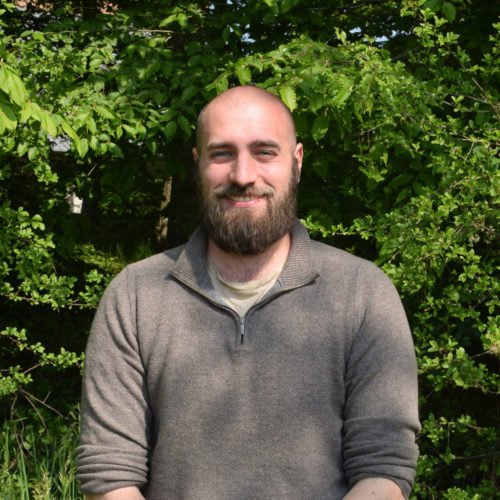
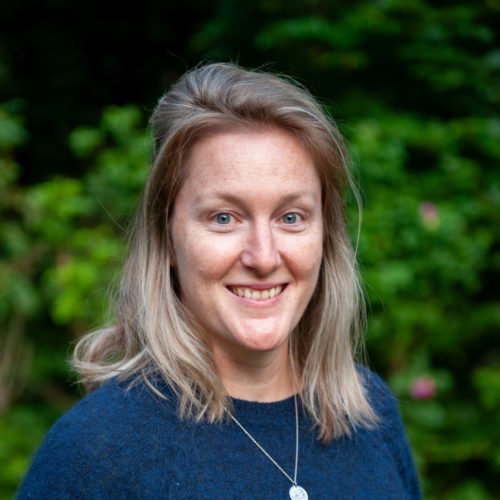
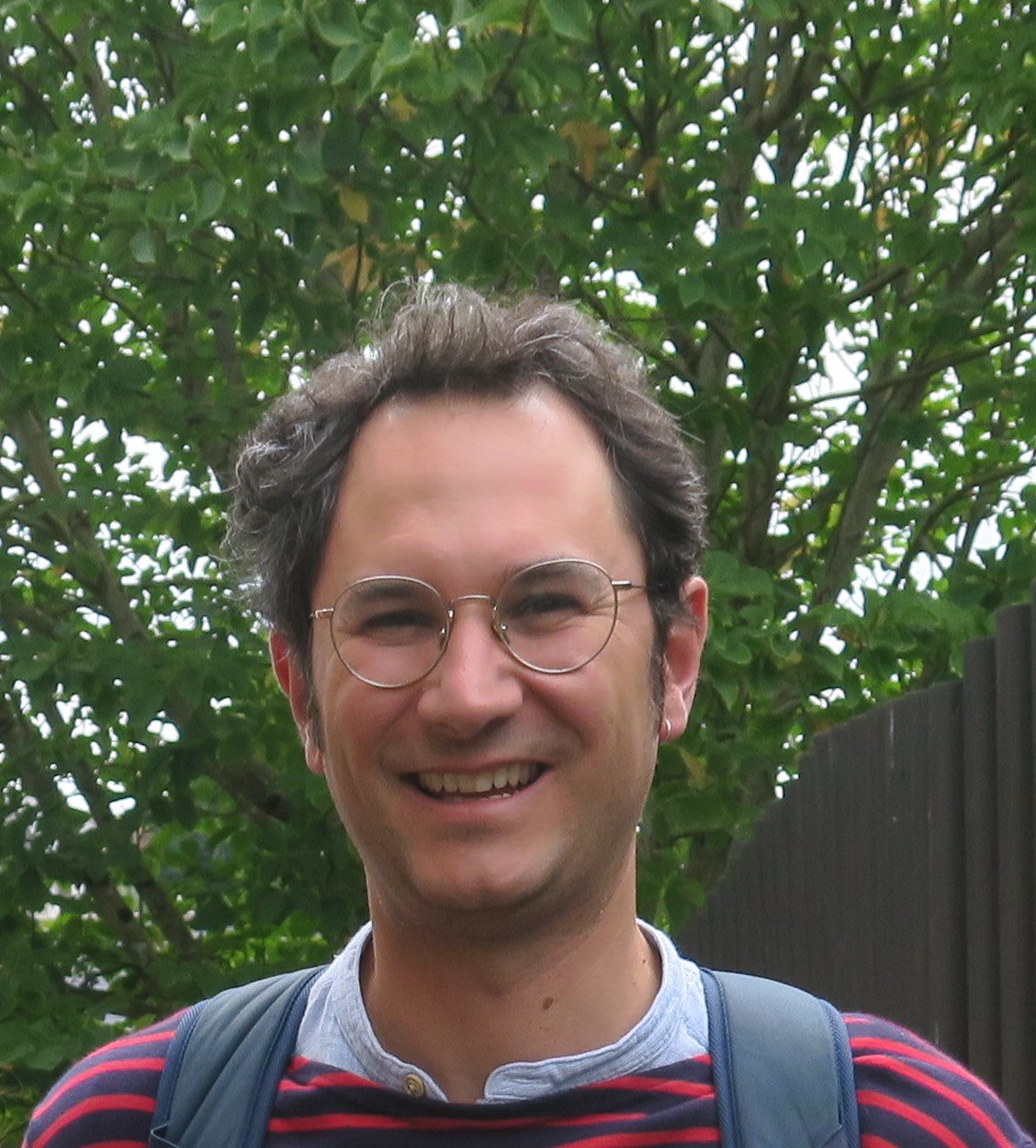
Frédéric Durand
Board member
ul.re1744146355sil@d1744146355narud1744146355.wax1744146355derf1744146355OUR GOVERNANCE
CELL is a self-managed non-profit association (asbl).. CELL's governance is based on the sociocratic model, the fundamentals of which are living together, individual responsibility and collective intelligence.
Our governance structure consists of 6 organizational capacity circleseach comprising 2 to 8 decision-making sub-circles. Each of these circles meets on a regular basis to take stock of ongoing actions and make collective decisions to ensure the smooth running of projects. Once a month, all the circles meet around the same table to discuss cross-cutting themes that concern all the projects and/or the whole team.
One of the circle is also responsible for ensuring mutual respect between colleagues, individual well-being, and the maintenance of a pleasant working environment within our workplace (Bamhaus).
CELL projects are funded by the French Ministry of the Environment, through a three-year framework agreement.
CELL> structure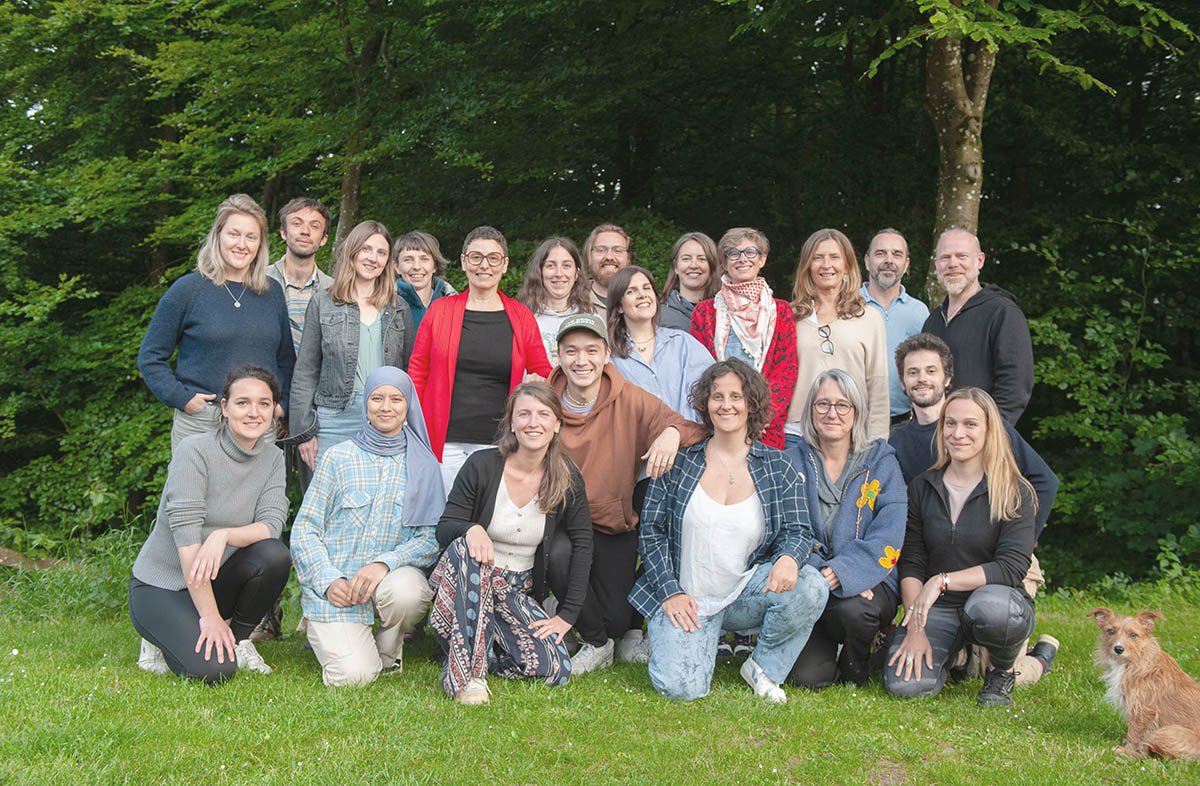
OUR MANIFESTO
Through 7 themes, you'll discover the program of change we want to see, and you'll understand, we hope, the link between the political vision and the projects carried out by CELL - offering for all to see "the global vision and the vision of detail", as we would say in permaculture!
We hope that after reading this program, you'll want to take action and join our movement. We're convinced that building a resilient world is still possible... but not without you!
See our Manifesto >
OUR HISTORY



THE CREATION
When they created their association in 2010 under the name "Center for Ecological Learning Luxembourg, founding memberss of CELL were already predicting that, without a major shift away from fossil fuel dependency, the world would be facing an unprecedented climate crisis. Unfortunately, history proved them right.
DEVELOPMENT
After learning from the British Rob Hopkins, founder of the "Transition Towns" movement, thefriend-visionaries imported permaculture to Luxembourg and developed community gardens, with the aim of halting the loss of biodiversity and rebuilding social ties eroded by growing individualism. They thus became pioneers of the ecological and social transition in Luxembourg.
THE FUTURE
Since then, the little CELL seed has thrived. The little group dfriend-es, which was formed in 2010, has grown into a national movement of several hundred citizens. Today, our community still shares the same struggle, driven by the same vision: that of a more ecological and fairer world, capable of rs response to the climate, biodiversity and inequality crises that threaten our future.







